In 1977, Leong Lau had Sydney’s cosmopolitan nightlife grooving to a singular fusion of Malay folk music, jazz and psychedelic funk sung with a cheeky Aussie accent. That year, the Malaysia-born Chinese Australian musician released his second album, That Rongeng Sound, before continuing a circuitous life journey that has seen him spend stints playing flute with the Sydney Symphony Orchestra, working in theatre in the UK and conducting stem cell research in Switzerland.
In the mid-2000s, Lau’s albums acquired a cult reputation among record collectors and DJs as some of the most interesting, rare, and highly sought-after Australian records from the late 1970s. Thirty-eight years after it was first released, two Melbourne music lovers, Chris Bonato and Anthony Walsh, launched their label Left Ear Records with a remastered vinyl reissue of That Rongeng Sound.
When we talk about Lau, Bonato tells me that due to wear and tear, they had to locate three copies to restore the audio. Despite the challenges, after they met with Lau, his idiosyncratic sound and mercurial mode of existence made the music impossible to put down. “Half the story is the story of the artists,” Bonato enthuses. “You try to find someone genuine who you really believe in. They haven’t just created a persona; they really live it.” Since then, Left Ear Records has reissued equally fascinating records by an American electro-funk musician dressed as a spaceman, a collective of soundtrack musicians from 1980s Brisbane, and a mysterious Arabic wedding singer from Sydney, among others.
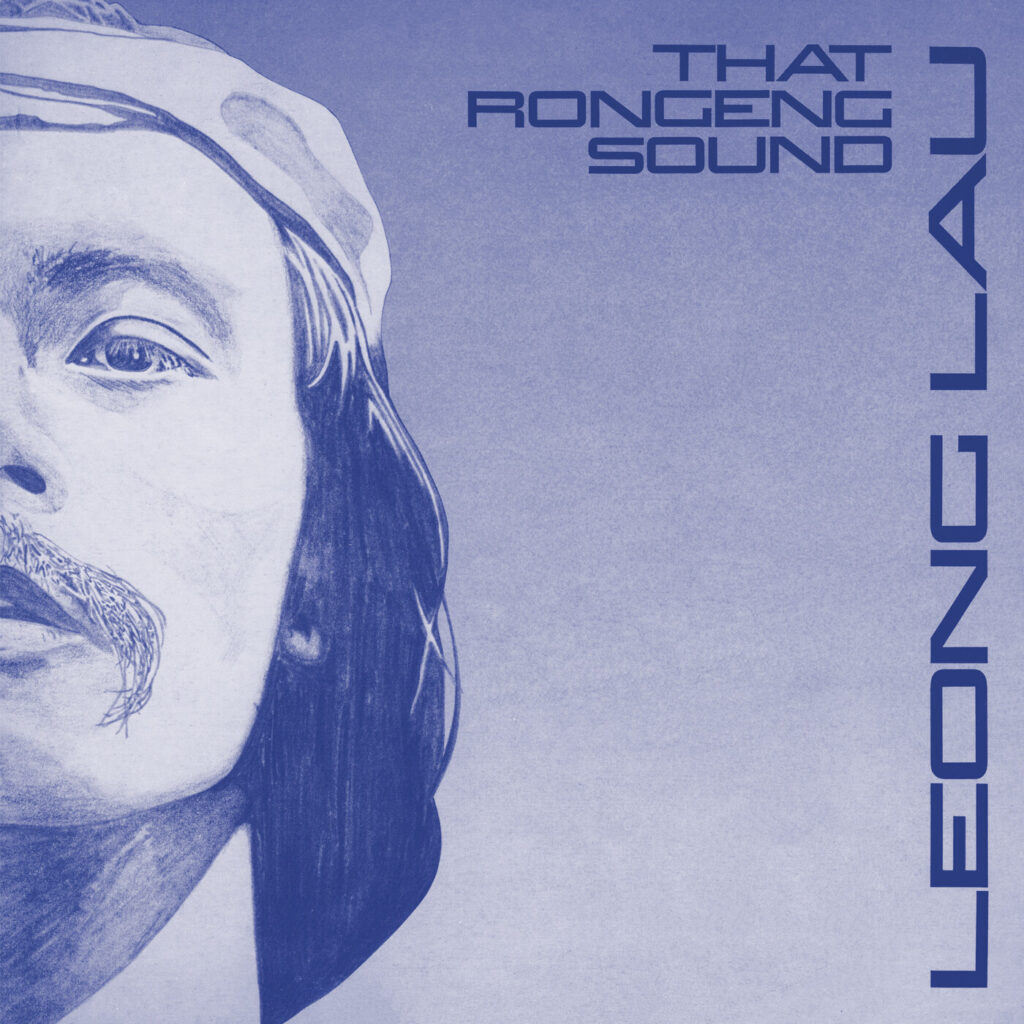
Leong Lau – ‘That Rongeng Sound’
Welcome to the world of reissue labels, a culture of deep music obsessives who trawl record stores, op shops, garage sales, and YouTube channels. Constantly searching for neglected, unappreciated, and forgotten gems from the past, they work with the artists and networks of like-minded DJs, broadcasters, journalists and film and television music supervisors to give these moments of magic the recognition they deserve.
Over the last decade, a loose grouping of Australian and New Zealand-run reissue labels, including Left Ear Records, Efficient Space, Isle of Jura, Strangelove Music and A Colourful Storm, have pushed an antipodean voice into the global conversation. By uncovering half-forgotten alternative musical histories on both sides of the Tasman, they’ve given one-of-one originals like Lau a well-deserved spotlight.
“I think that reissue labels from Australia and Aotearoa have fostered more curiosity in music listeners all over,” explains Bridget Small, a Melbourne-based broadcaster and self-described music nerd. Small started working with Left Ear Records in 2018 and has been involved ever since. “DJs and music fans are actively looking into the past to find something overlooked and parallels in underground culture to hold onto that history and retell it,” she continues. “This is reflected locally in what we hear on the radio, what records people buy, film soundtracks and what shows people attend.”
Michael Kucyk, the founder of Efficient Space, was introduced to reissues by London’s Soul Jazz Records and two trailblazing independent labels from Australia, Chapter Music and The Roundtable. Last year, he housesat for a friend with an extensive collection of ska, soul, rocksteady, reggae, funk, post-punk and Latin music compilations released by Soul Jazz Records in the late Nineties and early Noughties. “It was amazing to revisit them and realise how many of the artists featured on those compilations are now household names,” he says. “Back then, you didn’t have beginner’s guide Spotify playlists, so these compilations were a real reference point. I remember listening to some of them and realising I wanted to do something like that when I was older.”
Love Music?
Get your daily dose of everything happening in Australian/New Zealand music and globally.
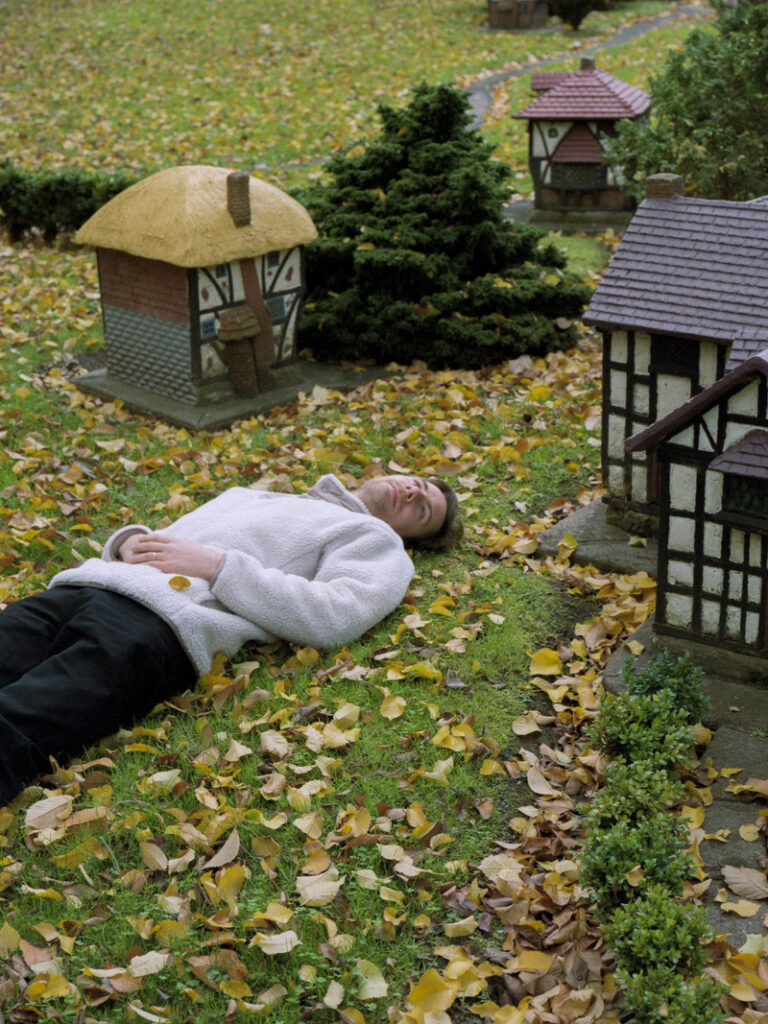
Michael Kucyk from Efficient Space.
Bonato from Left Ear Records credits Soul Jazz Records, Chapter Music, and The Roundtable as similarly influential. “Soul Jazz [Records] gave me the perspective that you could do a funk release, something a bit rockier, something electronic, and have it all under the one label,” he enthuses. “Chapter Music was the blueprint. They released these Australian post-punk compilations that made me think there must be a lot more interesting local music out there.”
Growing up in Melbourne, Bonato and Kucyk both spent countless hours in record stores or listening to legendary community radio stations like 3RRR 102.7FM and PBS 106.7FM. By the mid-2000s, Kucyk was hosting his own eclectic 3RRR show, Noise In My Head (NIMH), and uploading recordings online. Not long after, something surprising happened. “I started getting all these emails from people overseas listening to the show,” he says. “When they visited Australia, DJs like Juan Aitkins and Andrew Weatherall guested with me, and it mushroomed out from there.”
Alongside its strong record store and radio culture, Melbourne’s music community has long benefitted from a culture of vinyl-friendly lounge bars and DJs playing between bands at venues. “You can go out any night of the week and hear someone playing records, which may or may not be palatable,” Bonato explains. While the DJ isn’t always the centre of attention, these sorts of gigs allowed Bonato, Kucyk and their peers to dig even deeper into their musical obsessions.
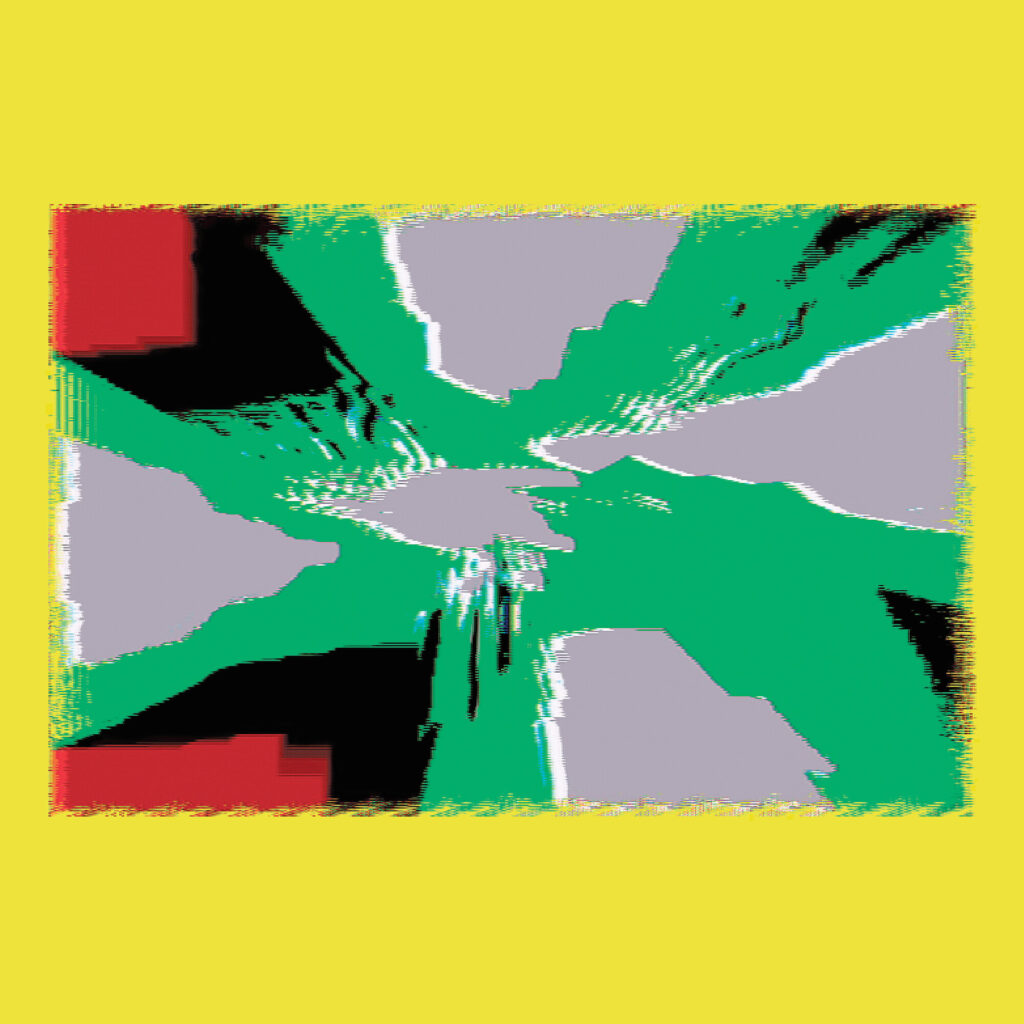
Various ‘Oz Echoes’
In 2015, Kucyk launched Efficient Space with an EP of ambient techno from the Australian synthesiser enthusiast Braden Schlager. Between 2016 and 2017, he finally scratched that itch he’d had since discovering Soul Jazz Records by releasing three compilation albums: Sky Girl, Midnite Spares, and Oz Waves. “They fast-tracked the label’s growth massively,” Kucyk reflects. “It wasn’t by design. It just happened that three things worth doing were presented to me simultaneously.”
Sky Girl, compiled by the French record collectors DJ Sundae and Julien Dechery, was a staggering survey of private press lounge music, new wave, and dream-pop recorded between 1961 and 1991 worldwide. Midnight Spares and Oz Waves were rich explorations of 1980s/1990s avant-pop, DIY electronica and post-punk in Australia, respectively excavated by Kucyk’s musician friends András and Instant Peterson and the Amsterdam-based Australian graphic designer and DJ Steele Bonus.
From there, Efficient Space has reissued Australian music by Yolngu songmen Waak Waak Djungi, 1980s minimal wave artist Karen Marks, and the 1990s dream-pop band Hydroplane, among other feted projects. “Michael [Kucyk] has the experience of being a DJ who knows how to put a set together in a really interesting way,” explains the DJ, broadcaster, and former Skylab Radio programming coordinator Tess Monaghan. “Not many people can contextualise music like that. It’s a rare person who can successfully run a reissue label. You need that ear. Not many people have it, but listeners responded really well to being treated to it.”
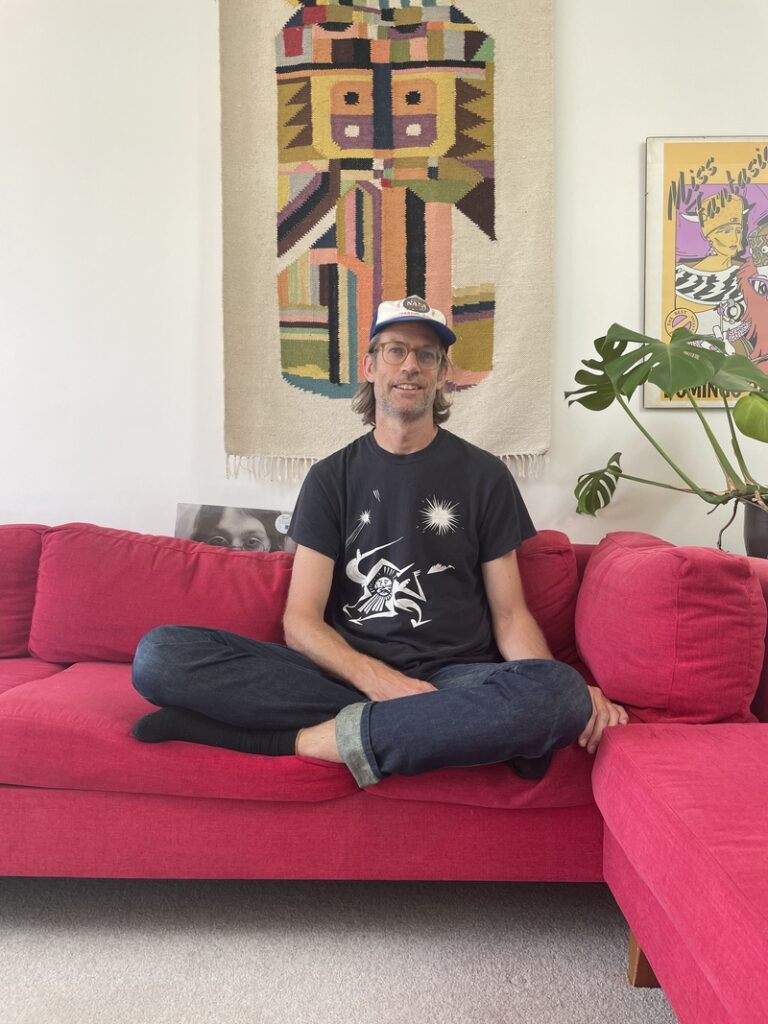
Ben Stevens aka Longboss from Strangelove Music.
When the New Zealand record collector and DJ Ben Stevens, aka Longboss, heard Efficient Space’s Midnight Spares compilation, he felt compelled to share the untold stories of weird pop music from his home. “Midnight Spares had this larrikin attitude to music that made me smile and think about our own parallels here,” he says. It’s this thing of living on the edge of the world, where you have this slightly nihilistic bleak humour in the mix. When you live in the antipodes, it’s easy to look outwards, but there are also tales here to tell.”
A product of Wellington’s 1990s warehouse rave scene, Stevens spent the middle years of the decade DJing techno and working in record stores. In 1998, feeling disillusioned with the sound of then-contemporary dance music, he moved to London. Over the next six years, he fell in with a circle of open-eared record collectors and DJs who were looking backwards to look forwards. “It was an inspiring time,” Stevens remembers. “During those years, my head was filled with 40 years of dance music lineage. It was a rabbit hole I happily fell down.”
Since he was a teenager, Stevens had dreamed of running a record label. In 2018, he finally got his shot when he inaugurated his Strangelove Music label with Jardim Zoológico, a two-song EP of leftfield art-pop by the 1980s Portuguese pop star Lena d’Água. “Context is everything with music,” Stevens says. “I’m interested in visionary, out-of-time musicians doing something that was maybe lost on their peers at the time.”
Two years later, Stevens responded to Midnight Spares with Kiwi Animals: Future/ Primitive Aotearoa, a collection of 11 oddball songs recorded between 1982 and 1991 in New Zealand. Although his starting point was “Dancing”, a futuristic, machine-pop single recorded by the Auckland minimal wave trio Ballare, he arrived at a collection of musical outliers with outsider attitudes. “There’s a number eight wire attitude here that is very much about inventing things based on the materials you have at hand,” he explains. “It’s a key thing to remember and explains why New Zealand [noise rock] groups like The Dead C have been so well received overseas.”
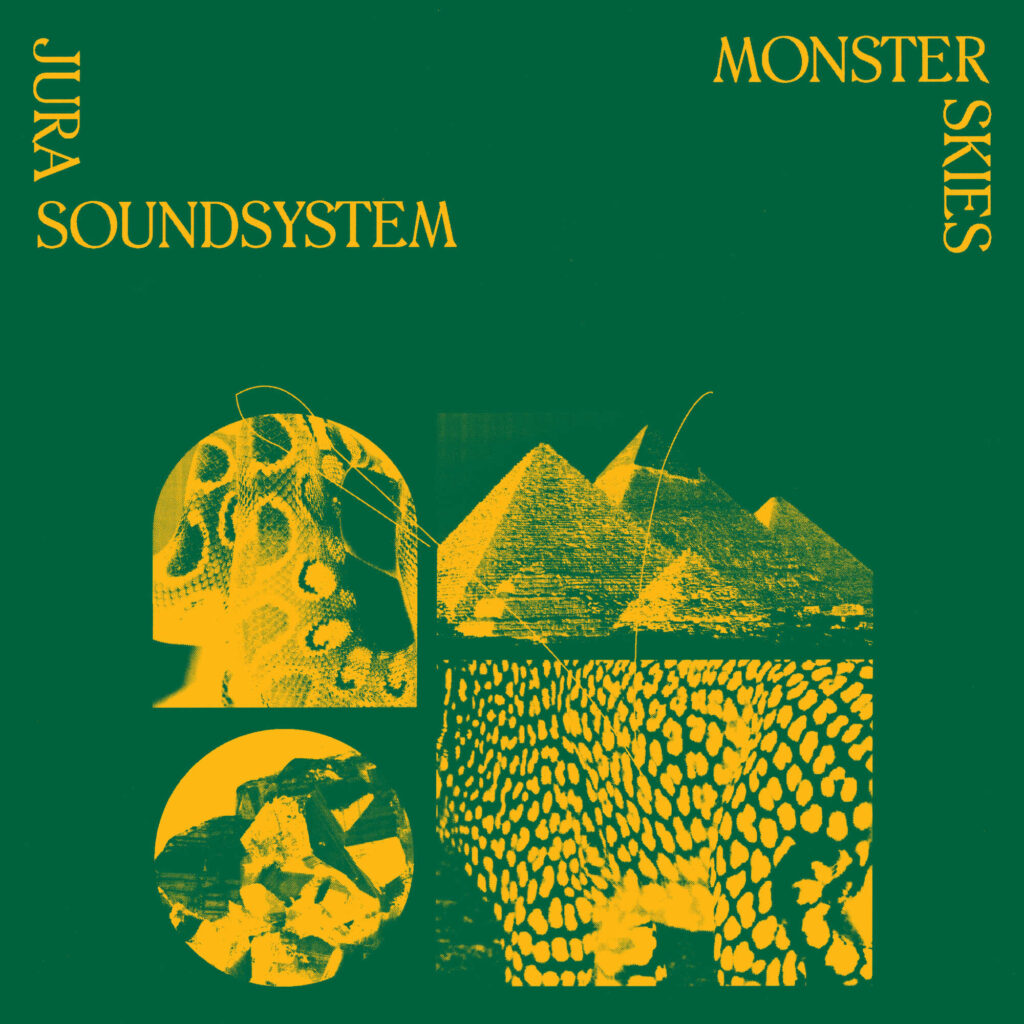
Alongside his Kiwi investigations, Stevens became fascinated with leftfield music from Australia, leading him to reissue two early-Eighties acts from Sydney, synth-pop artists Arvo and Scribble, the latter the dream-pop project of the songwriter and screenwriter Johanna Pigott, who later co-wrote “Age of Reason” for John Farnham with Dragon’s Todd Hunter. Similarly, Bonato from Left Ear Records developed a taste for avant-garde experimentation from the other side of the Tasman, leading to the release of Antipodean Anomalies 1 & 2, two compilations of eccentric gems from Australia and New Zealand.
For Johanna Pigott, Strangelove reissuing Scribble was an opportunity for reflection and gratitude. “I think my music sits better in today’s broader musical landscape,” she says. “The most interesting thing is that I realise how fortunate I was to have had the opportunity [then and now]. I was a lucky hapless weirdo. Scribble was the cloak I surrounded myself in and the vehicle for collaboration with many very talented people. The list is long. The fact that the music is still out there is amazing.”
In the time they’ve been running, Left Ear Records, Efficient Space, Strangelove Music, Isle of Jura and their peers have seen reissued music grow from a specialist record store concern to appearing in mainstream cinema soundtracks and high-profile streaming service playlists. “When I started, it was quite niche,” reflects Kevin Griffiths, the Adelaide-based founder of Isle of Jura.
Griffiths, a longstanding DJ, producer, and music industry worker, established Isle of Jura in 2014 after relocating with his family to Australia from the UK. Across the label’s open-eared catalogue, he has dug into the rich histories of Caribbean dance music, UK street soul, boogie, ambient, Afro-funk and the Balearic Beat. “For my first few releases, I was aiming at diggers, collectors, and obsessives, but now it feels much broader than that,” he continues.
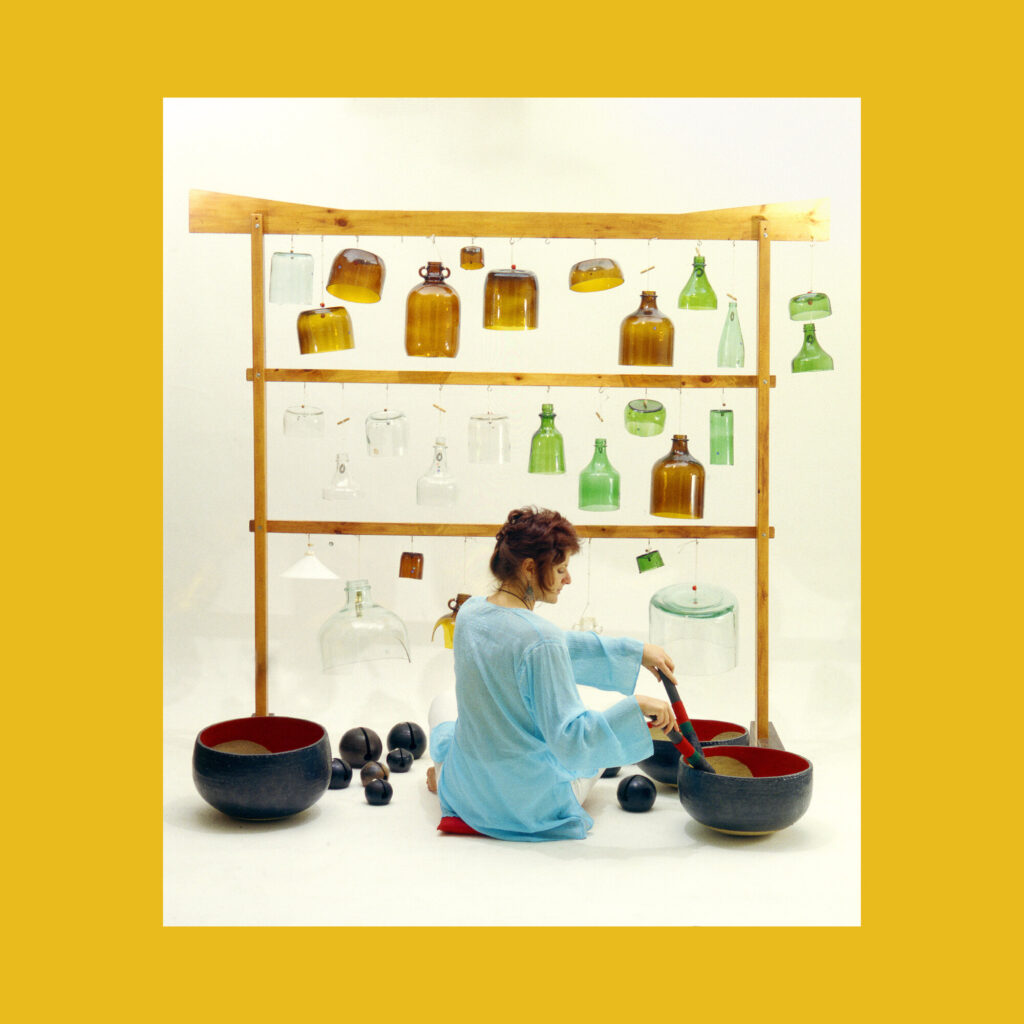
These days, however, the audience isn’t just broader; it’s deeper as well. As Bonato puts it, “When we were four or five years into Left Ear, the next generation was already well and truly developed from hearing all the reissues and had much more eclectic taste.” It’s not just record collectors, DJs, or casual listeners, either. In 2022, the British pop star Harry Styles named his third album Harry’s House, in homage to the Japanese music legend Haruomi “Harry” Hosono’s 1973 debut album, Hosono House.
Closer to home in Australia and New Zealand, the impact of these previously neglected histories can be felt in the immaculately styled boogie, deep house and soul records released by labels and artist collectives such as Mānuka Recordings and Noa Records from Auckland and Sydney’s Planet Trip Records. “Once you fall into this world, you start to map out whole scenes that you were never part of because you came after,” enthuses Tess Monaghan. “When you get a greater appreciation and understanding of these scenes you enjoy and feel at home in, it feels really special.”
The knock-on benefits of this cultivated depth of engagement are also visible in the efforts of younger-generation reissue labels, like Melbourne’s Gazebo Records. Founded by Nick Saw and Danny Bodega, they launched this year with a 30th-anniversary vinyl release of the classic New Zealand street soul/R&B album New Urban Polynesian by Fuemana.
“To actually see this coming to fruition has been awesome for us,” says the group’s frontwoman, Christina Fuemana. “Those times were simpler for us,” adds her brother Tony. “When I listen to the album now, I remember how we were back then and what it meant to us. It was an amazing time, and it’s amazing that these Australian guys wanted to reissue it on vinyl. It blows my mind.”
Regardless of how they get there, however, the red thread that unites the listeners who have gathered around Left Ear Records, Efficient Space, Strangelove Music, Isle of Jura and their peers is the thrill of finally being able to hear and own these beautifully restored and packaged reissues.
“When you do a reissue, you’re fulfilling someone’s dream of being able to get hold of this record,” Griffiths says. He pauses briefly before making a statement that sums up what it’s all about. “It feels like you’re making a real contribution to the musical landscape by making something available again, and that feels really good.”
This article features in the June-August 2024 issue of Rolling Stone AU/NZ. If you’re eager to get your hands on it, then now is the time to sign up for a subscription.
Whether you’re a fan of music, you’re a supporter of the local music scene, or you enjoy the thrill of print and long form journalism, then Rolling Stone AU/NZ is exactly what you need. Click the link below for more information regarding a magazine subscription.



































